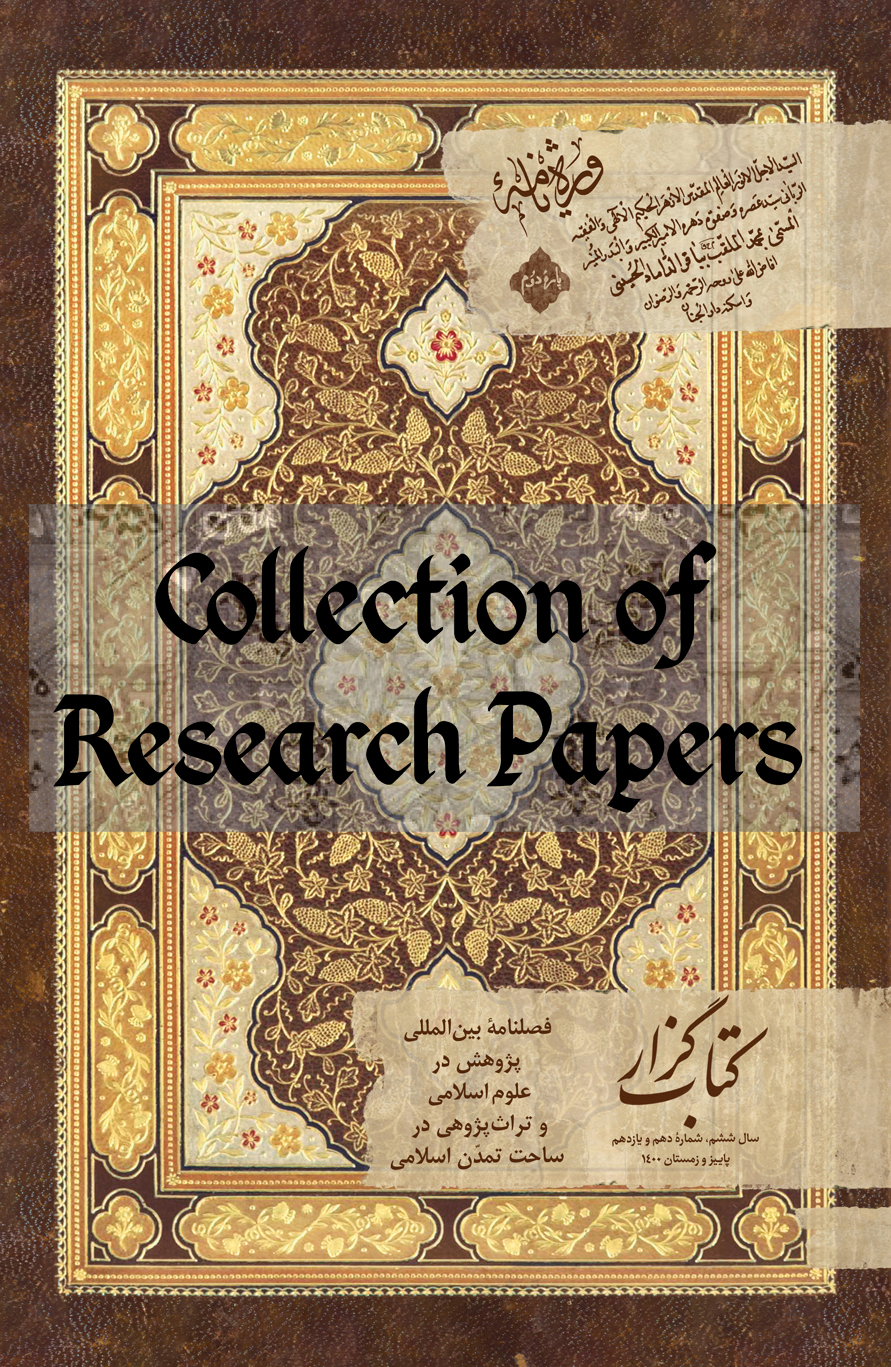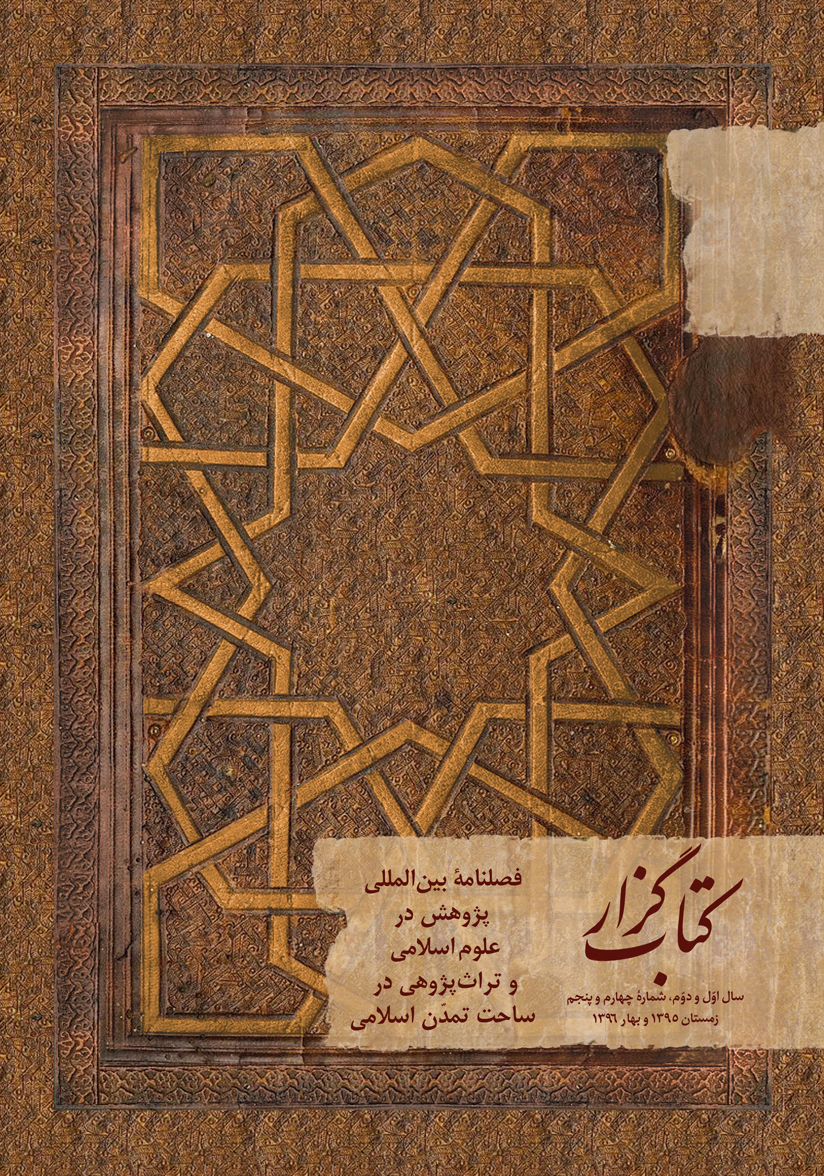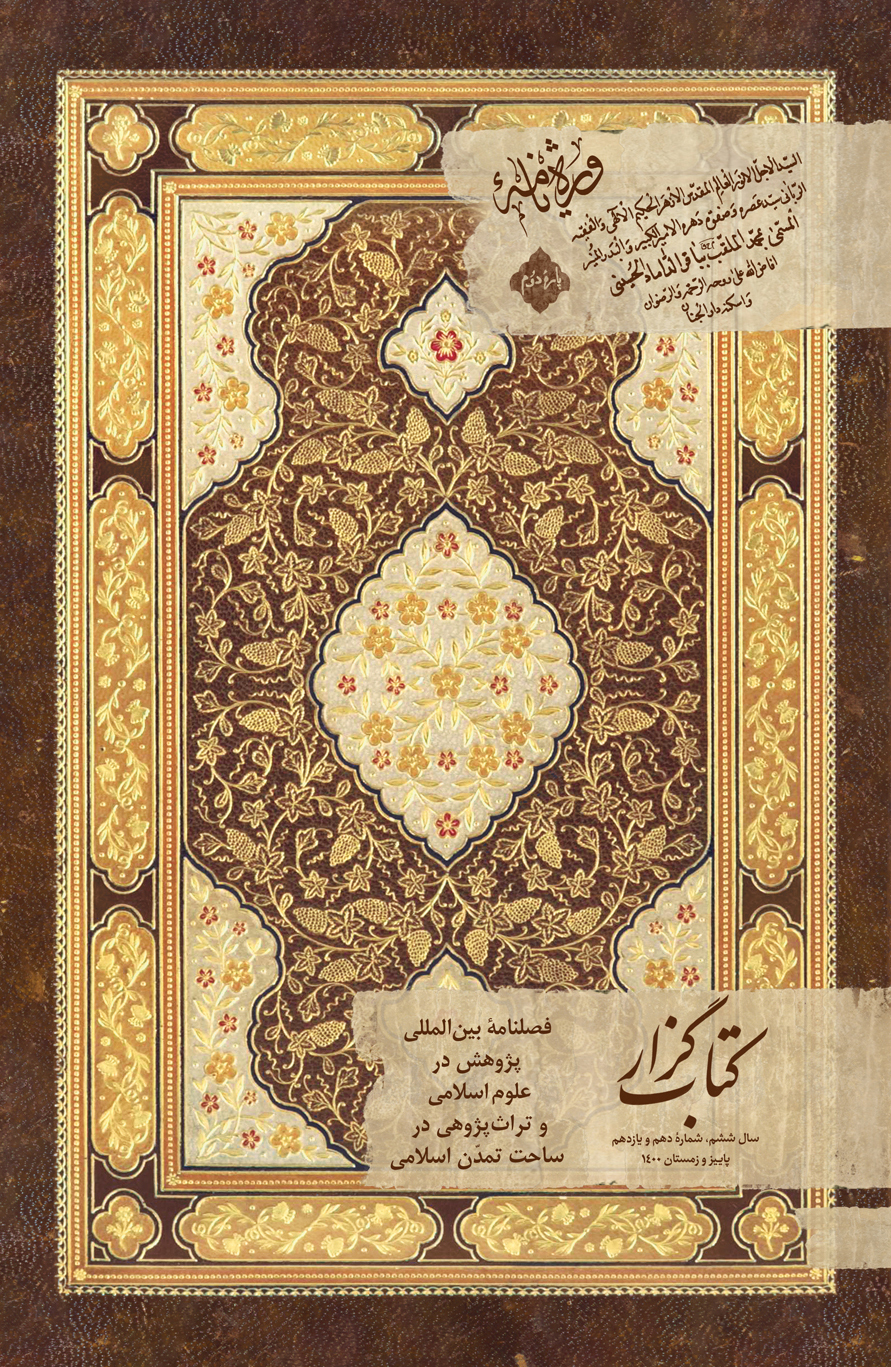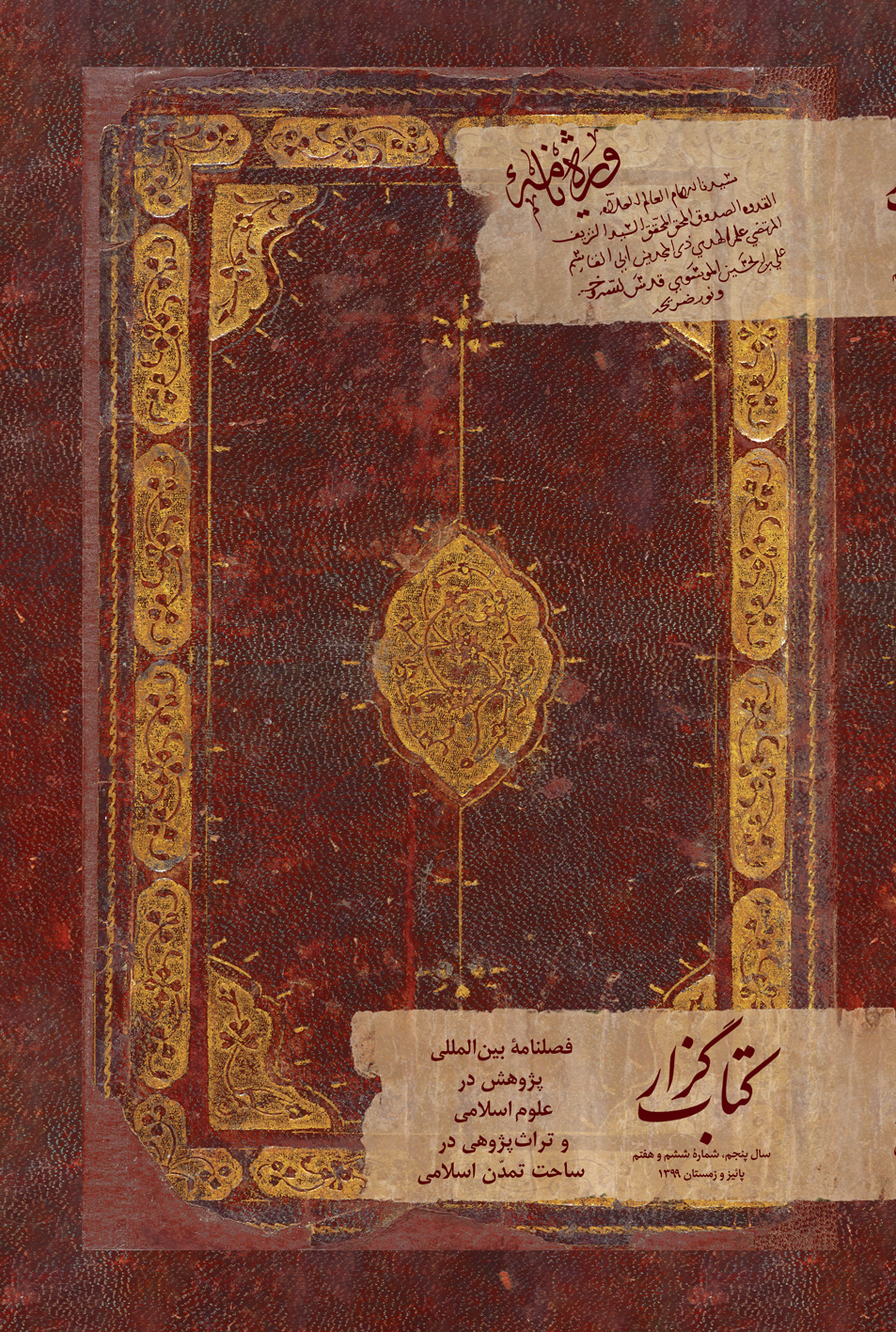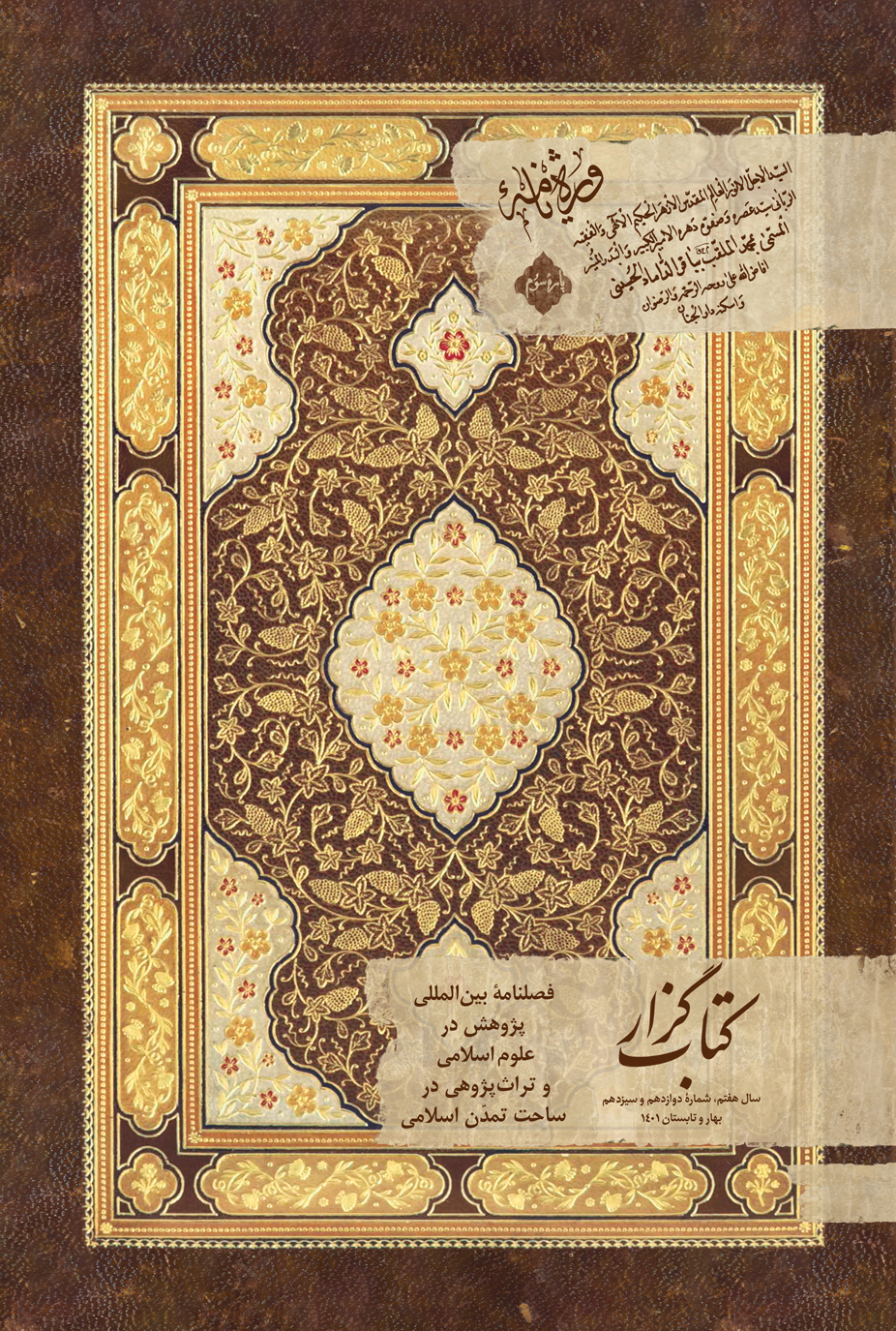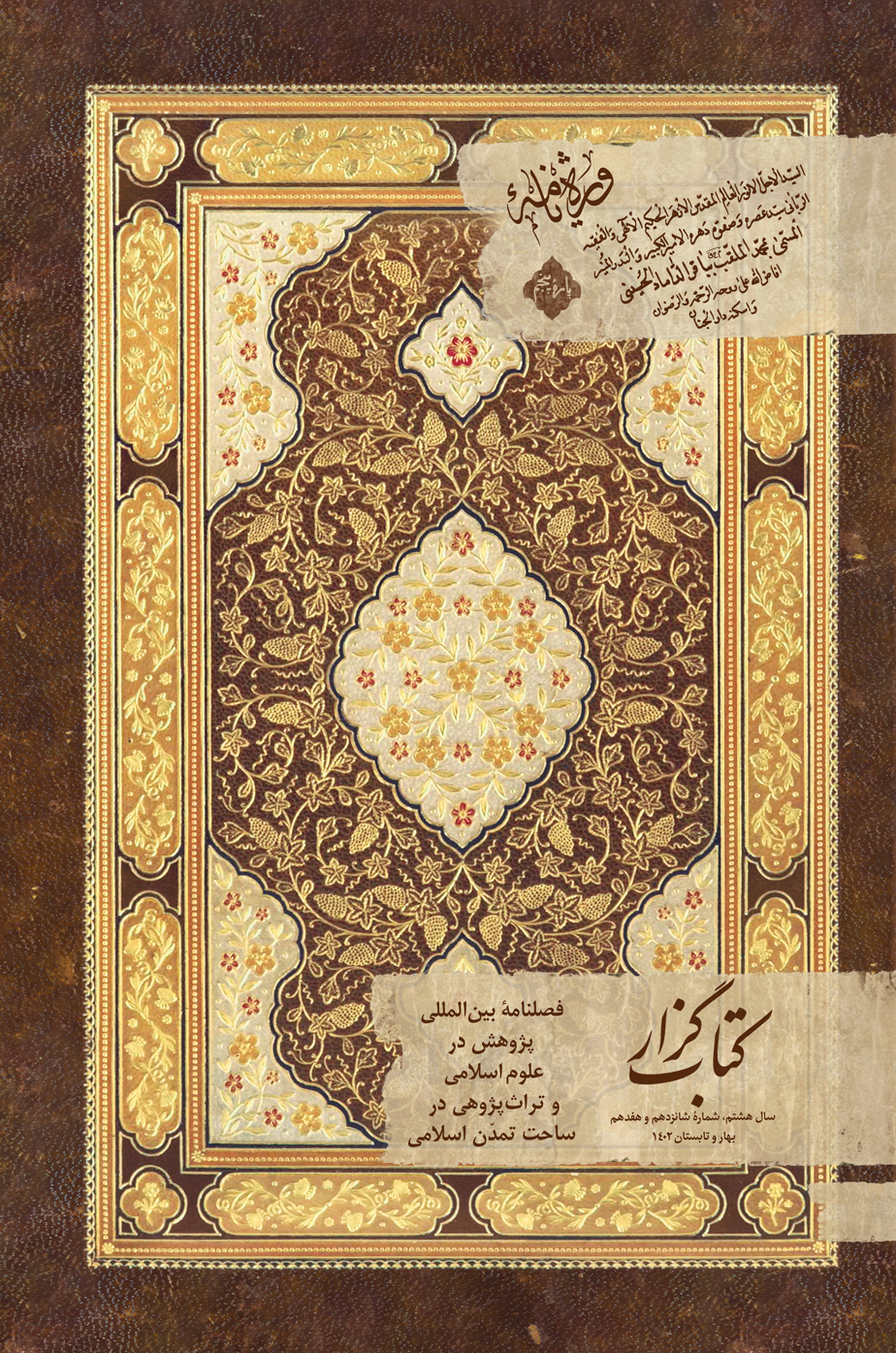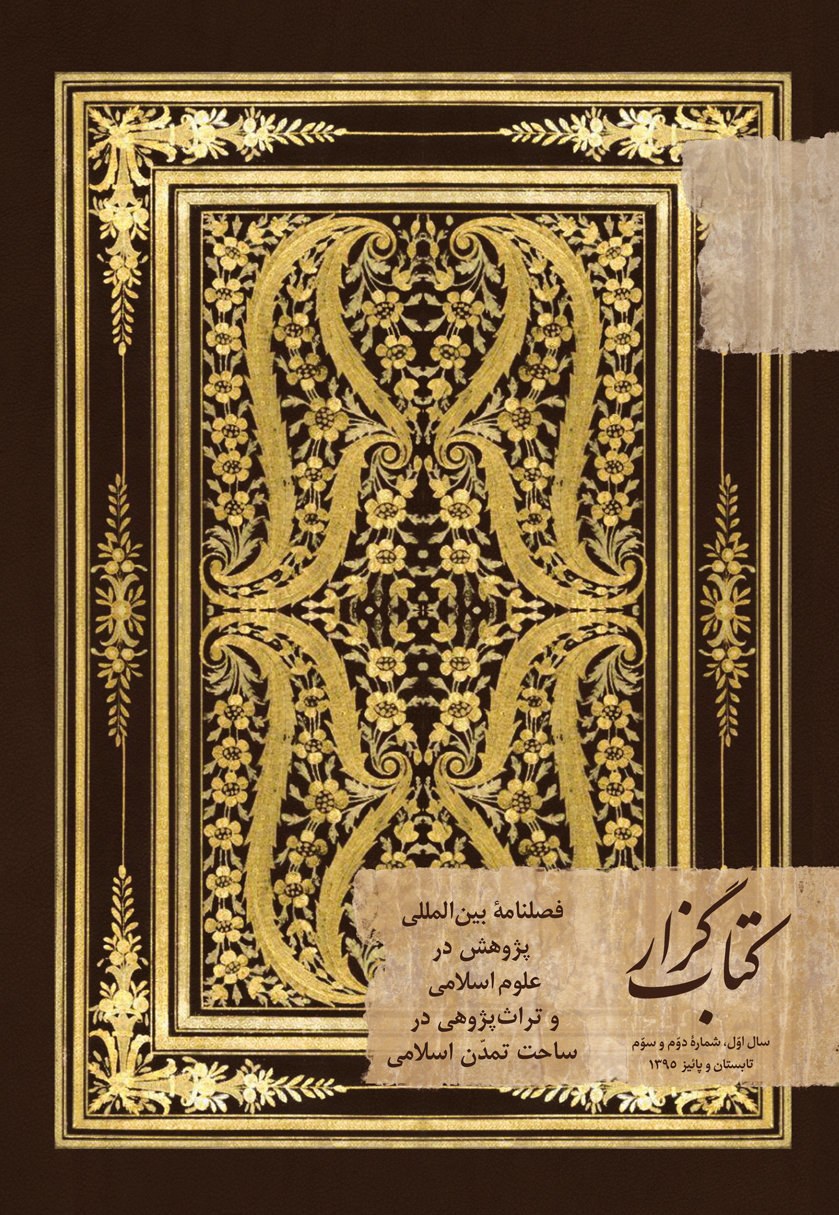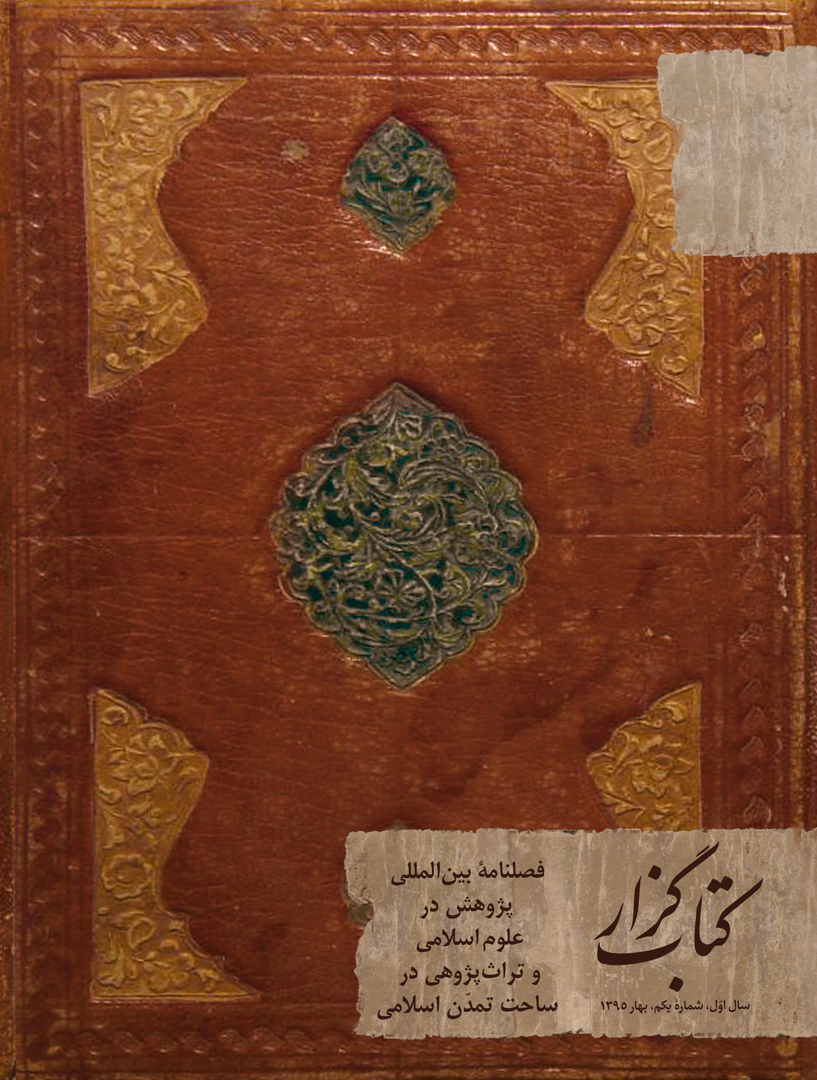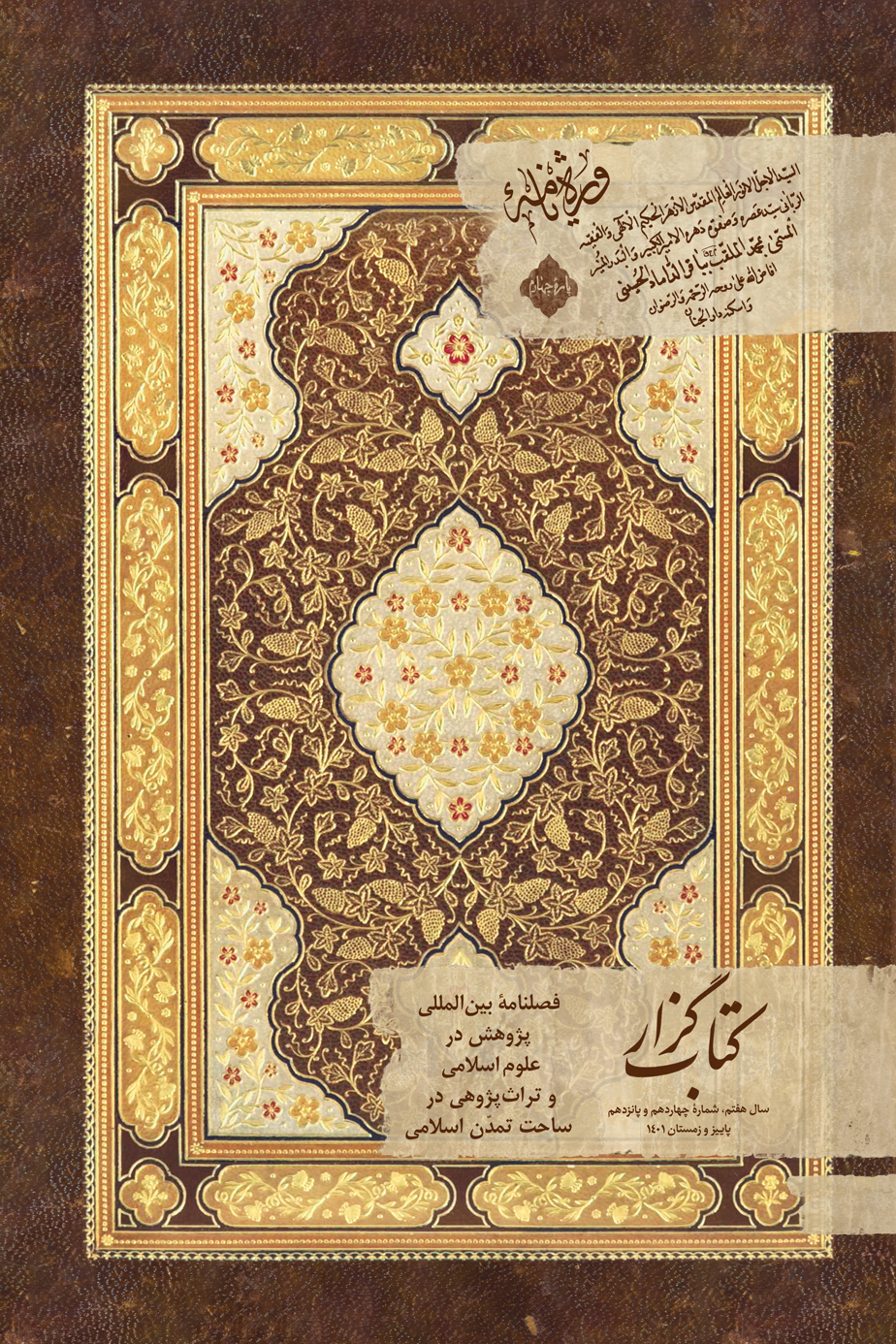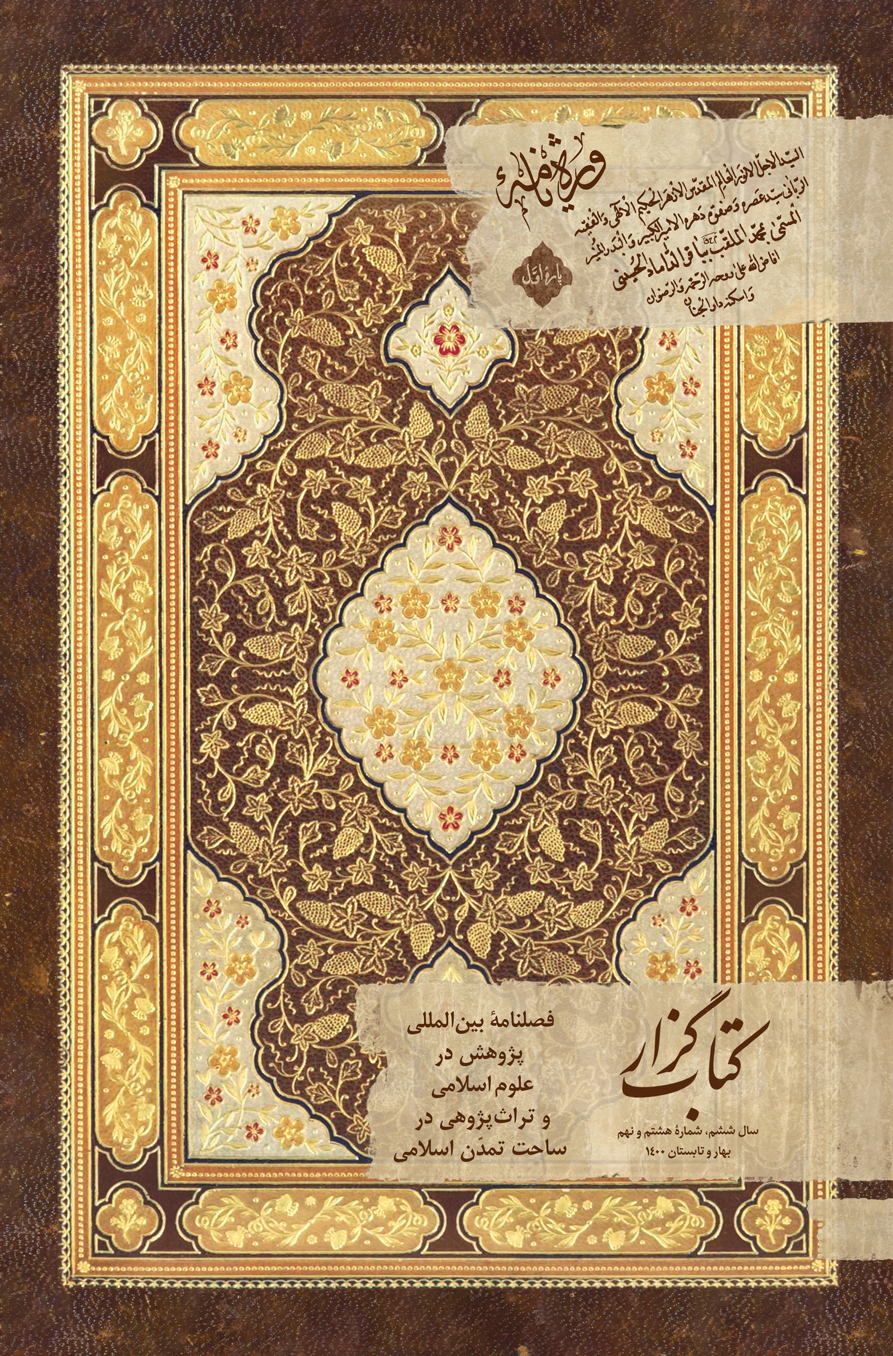Abstract Introducing the first issue of the international quarterly journal "Kitab-e-Gazar"
The first issue of the quarterly journal "Kitab-e-Gazar" dedicated to research in Islamic sciences and heritage studies with a focus on Islamic civilization was published under the editorship of Dr. Majid Hadizadeh and the managing director of Mohammad Hassan Mazaheri. This journal, which is published by the Isfahan Seminary Institute of Higher Education, has provided a scientific platform for original and innovative research in the fields of Islamic sciences, literature, history, philosophy, and manuscripts.
This issue features a variety of articles; from examining concepts such as jihad and freedom in the Quran, the unity of Shiite states, and the perspective of Muslim orientalists on hadith, to criticism of scientific books and historical studies in areas such as the Safavids, the Ilkhanates, and classical literature. Also, valuable works and research are analyzed in sections such as "A Look at the Book", "Introduction to Scientific Figures", and "From the Treasure of Heritage".
With the participation of writers such as Rasoul Jafarian, Mohammad Ali Koosha, Joya Jahanbakhsh, and Majid Hadizadeh, and under the supervision of a Council of Scientific Advisors including Dr. Mahdavi Rad, Dr. Jafarian, and others, this issue is an attempt to revive the Islamic intellectual heritage with an updated and methodological perspective.
Studies on Mīr Dāmād: Life, Works, and Philosophy
These sources discuss Mīr Dāmād's philosophical and spiritual ideas, focusing on his unique concepts of existence and creation. They explore his distinction between eternity, perpetuity, and time as containers of existence and his theory of perpetual origination. The texts also touch upon his mystical experiences, his role as a mujtahid (legal interpreter), and his interest in the science of letters and numbers, showing how he integrated philosophical reasoning with Shiʿi religious doctrine and spiritual practice. Several of his significant works, such as Kitāb al-Qabasāt, al-Ufuq al-Mubīn, and al-Ṣirāṭ al-Mustaqīm, are referenced as key sources for understanding his thought. Finally, the sources provide insights into Mīr Dāmād's place within the intellectual landscape of Safavid Iran and his relationship with prominent figures of his time.

